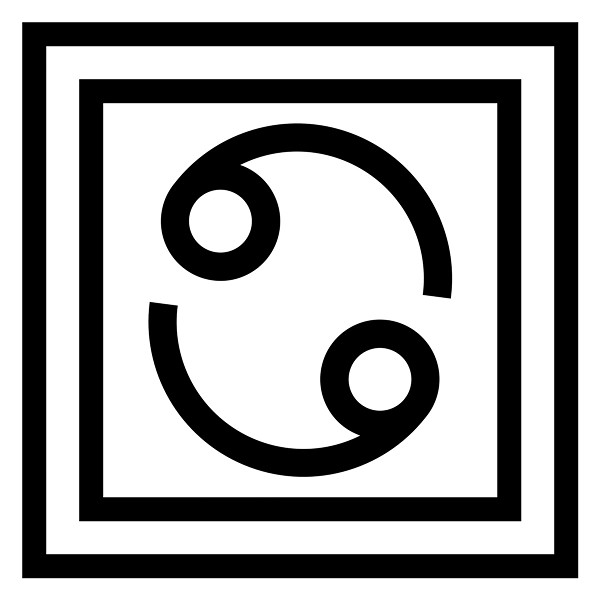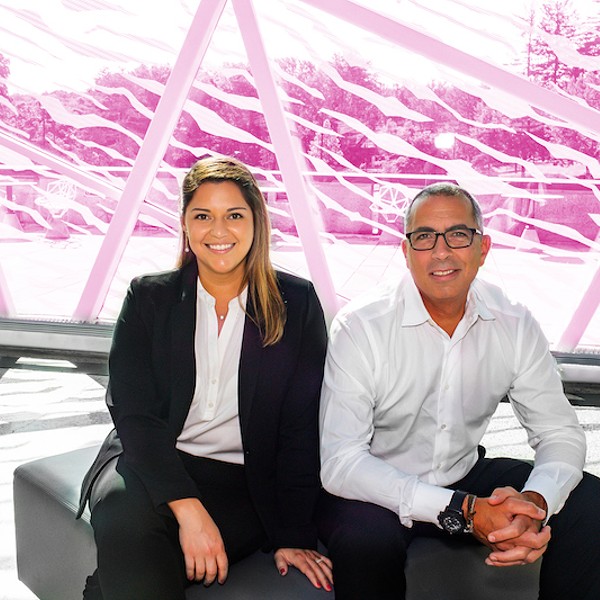A Soldier Traveling
Author Richard Boes from Rhinebeck is penning the last volume in a trilogy of books in spite of cancer that, formerly in check, has returned with a vengeance. He didn’t foresee a trilogy when he finished the first book, The Last Dead Soldier Left Alive (iUniverse, 2007), which blends fiction with a documentation of what his life has been like as a disabled Vietnam veteran. But having recently completed the second, Last Train Out (iUniverse, 2008), to resounding praise, he is under way with In the Valley of Dry Bones. “It’s about right where I’m at, right now,” he says, which is with the cancer that he cedes is going to win. “It ends when I stop,” he says about the chances he’ll complete the book. Boes’s life as a combat soldier put him within death’s reach many times, so he’s seen it all his adult life. “It’s no stranger to me,” he says, and he finds ways to accept it without feeling sorry for himself. “I’m dealing with the reality that the cancer has spread all over, so there is not much of a future. It’s a difficult pill to swallow. Now I kind of try to put it into perspective, that it’s the natural flow of life. When I’m in that frame of mind, it’s easy to accept, and I’m eager to move on.” He realizes that Last Train Out may become very successful, and wishes he could see that. “Sure, I’d like some more years—like 20.” He chuckles quietly and adds, “But my job was to write the book. So instead of feeling sorry that I’m not going to see the success, it’s a blessing that I got to finish it. I try to keep that kind of attitude.” Even though that frame of mind can be elusive sometimes, he finds it again by reviewing the good things. “I look at what I have to be grateful for. It’s hard to be angry or have negative emotions if you’re grateful.”
Boes continues his usual activities each day as best he can. “A lot of dealing with this is to keep living your life, continue your routine. I’m a writer, so I try to write six hours a day.” Over the years he has become interested in scripture and finds reading the psalms comforting. “You can kind of pick those up anywhere to read,” he says. “I use a lot of quotes from them in what I’m writing now. I gave one to my father when he was real sick a couple of years ago. He was full of anxiety and scared to die. I found a psalm and wrote it in a letter to him, and I told him he’d been a good man, and had provided well for his family, and that he had nothing to fear. He calmed down a little, and wasn’t so afraid to die.” Later, after Boes’s father passed away, his mother found the psalm in the night table by his father’s bed.
Boes says he can’t side with Dylan Thomas’s assertion that one must “rage against the dying of the light” when death is at hand. “I totally disbelieve that,” he says. “It’s macho bullshit. Dylan Thomas fell off a barstool and died. He was a drunk. I don’t adhere to that. I adhere to having a certain amount of dignity and grace.”
Telling Your Story
Although Wendy Drolma does not herself have a serious illness, she is in training through the New York Zen Center for Contemplative Care to be a chaplain. As part of her training she volunteers at Benedictine Hospital as an “active listener,” sitting with patients with serious illnesses so they have someone to talk to. “Active listening is listening with the whole body, mind, and heart, listening with every pore of yourself, really opening up to another person and their story.” Drolma sees a real need for multidenominational or nondenominational listening. “Typically you have priests at the hospital, but most of the people in the hospital are not practicing any one religion,” she says. “The Buddhists are entering this realm with a different perspective on the role of a chaplain, rather than the Judeo-Christian role.” The Buddhist orientation focuses on active listening.
















